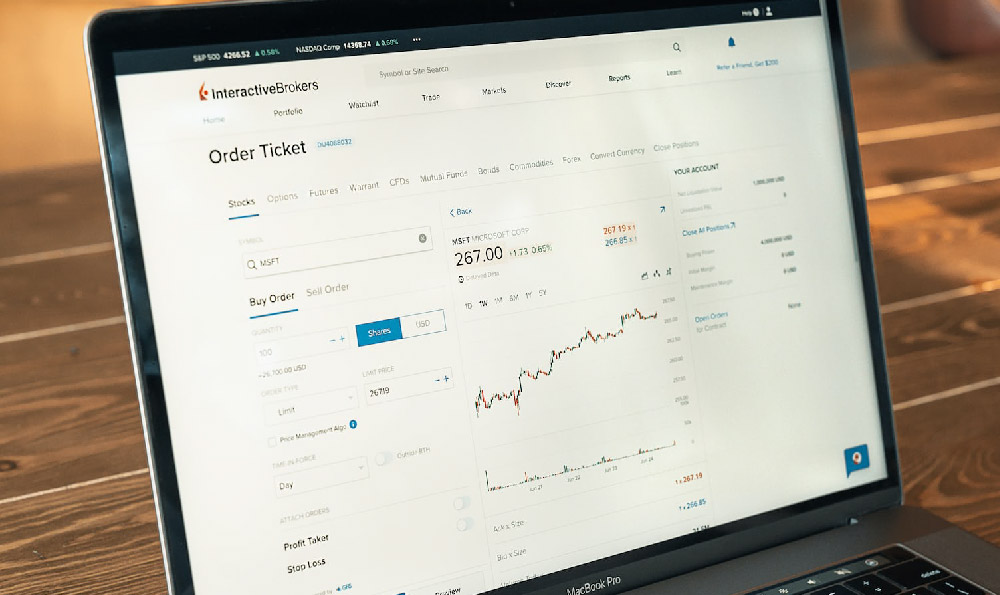What are Zero-Coupon Bonds, and What Risks Do They Carry?
Zero-coupon bonds, often called "zeros," stand apart from traditional coupon-bearing bonds in a fundamental way: they do not make periodic interest payments. Instead, they are issued at a deep discount to their face value (the amount the investor receives at maturity) and mature at par. The investor's return comes from the difference between the purchase price and the face value received at maturity. Understanding these characteristics is crucial before considering them for any investment portfolio.
The mechanics of zero-coupon bonds are relatively straightforward. A company, government, or municipality issues a zero-coupon bond at a significantly reduced price compared to its face value. For instance, a bond with a face value of $1,000 might be issued at $600, with a specified maturity date several years in the future. The investor purchases the bond for $600 and holds it until maturity, at which point they receive the full $1,000. The $400 difference represents the investor's return, essentially a compounded interest effect over the life of the bond.
The appeal of zero-coupon bonds lies in their simplicity and predictability. Since there are no coupon payments to reinvest, the investor knows exactly how much they will receive at maturity if they hold the bond for the entire term. This characteristic makes them particularly attractive for investors planning for long-term, specific financial goals, such as funding college education, retirement, or other large future expenses. By carefully matching the maturity date of the bond to the date when the funds are needed, investors can secure a guaranteed future payment.

However, the unique structure of zero-coupon bonds also introduces several risks that investors must carefully consider. While the absence of coupon payments simplifies return calculations, it also creates a situation where the investor doesn't receive any income during the bond's life. This might be a drawback for investors who rely on regular income streams from their investments. Moreover, because the return is entirely back-loaded to the maturity date, the investor's principal is essentially locked in until then. Early redemption can result in a loss of principal, especially if interest rates have risen since the bond was purchased.
One of the most significant risks associated with zero-coupon bonds is interest rate risk. Like all fixed-income securities, zero-coupon bonds are sensitive to changes in interest rates. However, because the entire return is tied to the maturity value, zero-coupon bonds are generally more sensitive to interest rate fluctuations than coupon-bearing bonds with similar maturities. If interest rates rise after the bond is purchased, the market value of the zero-coupon bond will decline more significantly than that of a coupon-bearing bond. This is because the investor is not receiving any coupon payments to offset the decline in market value. Conversely, if interest rates fall, the market value of the zero-coupon bond will increase more sharply. This heightened sensitivity makes it imperative for investors to carefully consider their interest rate outlook before investing in zero-coupon bonds.
Another crucial risk to consider is the taxation of imputed interest. Even though the investor doesn't receive any actual interest payments during the bond's life, the Internal Revenue Service (IRS) treats the difference between the purchase price and the face value as taxable interest income, which is taxed annually. This means that investors are required to pay taxes on income they haven't actually received. This "phantom income" can be a significant disadvantage, especially for investors in higher tax brackets. To mitigate this tax burden, zero-coupon bonds are often held in tax-advantaged accounts, such as individual retirement accounts (IRAs) or 401(k) plans, where the tax on the imputed interest is deferred until retirement.
Inflation risk is another factor to weigh. The purchasing power of the future face value of the bond can be eroded by inflation over time. If inflation rates are higher than anticipated, the real return (the return adjusted for inflation) on the zero-coupon bond will be lower than expected. Investors should consider the potential impact of inflation on their investment goals and choose zero-coupon bonds with maturities and face values that adequately compensate for inflation.
Finally, credit risk, also known as default risk, is the possibility that the issuer of the zero-coupon bond will be unable to repay the face value at maturity. This is a particular concern with corporate zero-coupon bonds, as companies can face financial difficulties. Investors should carefully assess the creditworthiness of the issuer before investing in a zero-coupon bond. Credit ratings from agencies like Moody's and Standard & Poor's can provide valuable insights into the issuer's financial health. Generally, bonds with higher credit ratings are considered less risky but offer lower yields, while bonds with lower credit ratings offer higher yields but carry a greater risk of default.
In conclusion, zero-coupon bonds can be a valuable tool for investors seeking predictable returns and long-term financial planning. However, it is essential to understand the inherent risks associated with these instruments. Interest rate risk, taxation of imputed interest, inflation risk, and credit risk are all factors that investors must carefully consider before making an investment decision. By understanding these risks and carefully assessing their own financial circumstances and investment goals, investors can determine whether zero-coupon bonds are a suitable addition to their portfolios. Diversification, proper asset allocation, and professional financial advice are also crucial elements of successful investing, especially when considering instruments with the unique characteristics of zero-coupon bonds.















